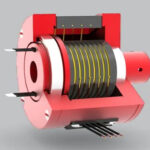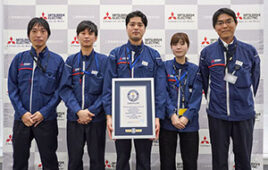According to the U.S. Department of Energy (DOE), more than 72,130 wind turbines and 210,000 blades were deployed as of July 2022. The DOE expects up to 9,000 blades to be retired annually through 2026, and up to 20,000 will be retired annually by 2040. Blade waste could reach up to 370,000 tons per year by 2050, with landfilling remaining the most cost-effective option. However, one innovative manufacturer has an alternative solution that reduces landfill waste and bridges corporations and communities.
Canvus, located in Avon, Ohio, turns decommissioned wind turbine blades into artfully designed park benches, picnic tables, and other creative furniture for public spaces. The unique structures come from different cross-sections of the fiberglass blade, and the seating and tabletop materials are from various sources, including composite lumber made of recycled plastics, rubber made from recycled tires and shoes, and mixed plastics from carpet and plastic waste.
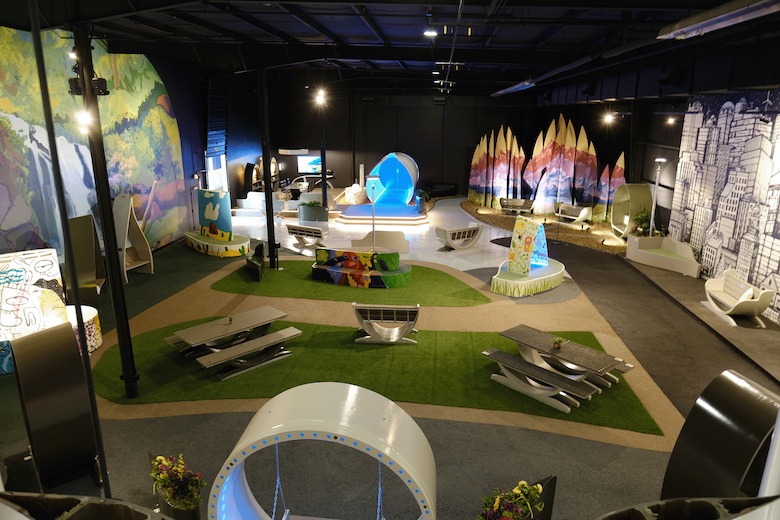
Canvus invites customers and partners to the gallery to experience its products and get inspired. Image: Canvus
When communities request a bench or table, corporate donors provide funding to fulfill the request. Canvus also includes a small plaque on the product with the company’s name, a custom message, and a QR code for the company’s preferred website. Corporations connected to the renewable energy industry, such as PPG, Grainger, Chevrolet, Lincoln Electric, and Siemens Gamesa, have already participated in the request program to support communities around the U.S.
“But they’re not out there enough yet for people to drive 10 minutes and see them,” said Brian Donahue, managing partner at Canvus. “So, we built a gallery that lets people see what they look like in the wild.”
The gallery is full of tables, benches, and beautiful artwork from local artists. They went further and created everything from the chandelier, entertainment center, and bookshelves out of wind turbine blades, leveraging the original blade designs for shelving or interesting features instead of destroying and conforming them. The gallery feels like a Zen garden and encapsulates everything the company stands for and wishes to contribute to the world.
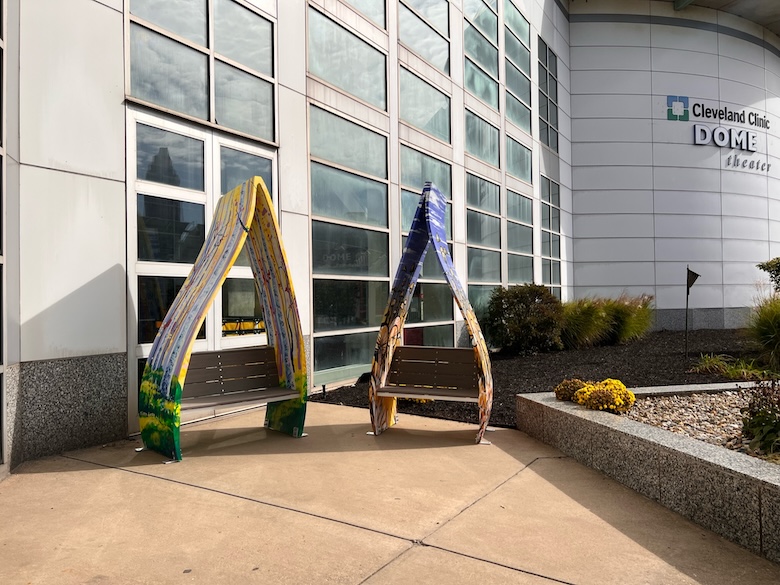
The Great Lakes Science Center in Cleveland has Canvus benches that double as seating and art. Image: Canvus
Canvus’ designs also deter vandalizers and theft — a common problem for public spaces. At an average park, mounting brackets are no match for rebellious kids with a hankering for stacking picnic tables and relocating benches. But park furniture made from wind turbine blades weighs hundreds of pounds and takes heavy machinery to transport and install. If kids can lift and move a Canvus bench, Donahue recommends signing them up for the football team.
“Plus, everything we build is ADA-compliant, and the tables are wheelchair accessible from both sides. So, everybody can be included,” said Donahue. “And it’s all low maintenance. You can power wash the composite lumber, and we use all stainless steel fasteners.”
Canvus also cut the blades to create a decorative wall in its gallery, which a University of Houston team thinks could replace sound barrier walls along highways.
“If you want to upcycle 15,000 blades, that’s how you do it,” said Donahue.
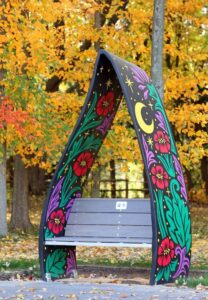
This upcycled wind turbine blade bench will last for decades at the Every Child’s Playground in Avon, Ohio. Image: Canvus
The benches and tables have a smooth stone finish or can be primed and painted. The company invites Cleveland-based artists to paint custom designs as yet another way to get community members involved.
“Every city has 4.6 parks, so that gives us 100,000 parks out there to work with,” said Donahue. “The average bench lasts six to eight years. Ours will be out there for 20 to 30 years.”
With product names such as the Mimi Bench, Deborah Grand Swing, and Rose Sanctuary, the company instills a personal vibe in public spaces. It also creates a Legacy Bench to serve as a memorial or to honor notable community members.
“Tehachapi, California, received an order of benches, and one is outside their VFW (Veterans of Foreign Wars). A man from that community went missing in Vietnam and never came home. Every time somebody scans that QR code, they learn about him, his story, his family, and the community. It’s so magical,” said Donahue.
Canvus
gocanvus.com
You may also like:
Filed Under: NEWS • PROFILES • EDITORIALS, Green engineering • renewable energy • sustainability

